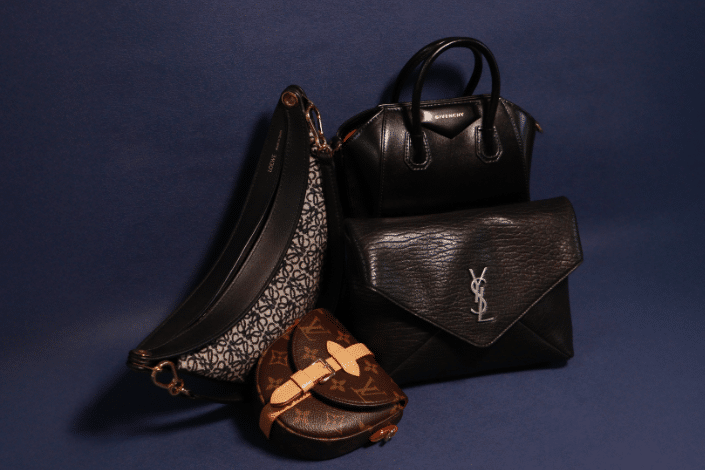
Fast fashion has become a staple in the modern consumer’s wardrobe, with many brands offering trendy clothing at irresistible prices. The appeal of quickly updating one’s wardrobe with the latest seasonal styles and fashion trends is hard to resist. However, while a growing number of Singaporeans are becoming more conscious of environmental sustainability, the significant impact of fast fashion on the environment often goes unnoticed.
The Hidden Cost of Fast Fashion
The fast fashion industry thrives on a model of rapid production and endless consumption, churning out vast quantities of clothing at breakneck speed at low consumer prices. This relentless cycle has a devastating environmental impact, contributing to:
- Fast Fashion Waste: Mountains of discarded clothing end up in landfills in countries like Ghana and Chile, polluting the environment and wasting valuable resources.
- Water Pollution: Garment and fibre production uses a lot of water, with an estimated 700 gallons needed to produce a cotton shirt and 2,000 gallons needed to produce a pair of jeans. The industry is also a major contributor to water pollution, with harmful chemicals, dyes, and microplastics often discharged into waterways.
- Carbon Emissions: Business Insider estimates that fashion production generates 10% of global carbon emissions, as much as the entire European Union.
- Exploitation of Workers: Fast fashion’s consumers low, low consumer prices are due to their reliance on cheap labour in developing countries, where workers may face unsafe working conditions and unfair wages. Investigations have even uncovered forced and child labour in fashion garment plants throughout the world.
Sustainable Fashion: Making the Conscious Choice
In contrast to the disposable nature of fast fashion, sustainable fashion promotes a more mindful approach to clothing consumption, prioritising:
- Ethical production through fair labour practices, safe working conditions, and fair wages for garment workers.
- Using eco-friendly materials, reducing waste, and promoting a circular economy to lessen brands’ emissions and environmental impact.
- Investing in durable, well-made garments that will last for years rather than chasing fleeting trends.
- Taking a more meaningful, personalised approach to style rather than what’s the latest TikTok viral aesthetic.
When it comes to fast fashion vs sustainable fashion, the allure of fast fashion feels hard to quit. However, it’s important to recognise the detrimental impact it has on the environment and society. By making conscious choices and embracing sustainable fashion, we can help break the cycle of overconsumption and waste.
Plus, making the switch to sustainable fashion doesn’t have to mean an all-out pause on fast fashion purchases. Here are some ways you can contribute to a more sustainable fashion future:
- Buy Less, Choose Well: Invest in quality pieces that you’ll love and wear for years to come.
- Support Sustainable Brands: Choose brands that prioritise ethical and sustainable practices and are open and genuine about their sustainability measures.
- Repair and Repurpose: If you do have fast fashion pieces in your wardrobe, use them for as long as possible and look into extending their lifespan through visible mending or other creative ways to repurpose them.
- Shop Second-Hand: Give pre-loved clothing a new life by shopping at thrift stores or online platforms.
Sustainable Fashion and the Luxury Resale Market
And what about luxury or high-quality items that don’t usually come from a fast fashion model?
The luxury resale market offers a compelling way to embrace sustainable fashion while still enjoying the beauty and craftsmanship of high-end brands. By reselling pre-loved luxury bags and items, you can contribute to a circular economy and reduce the demand for new production.
EcoRing Singapore provides a convenient and reliable platform for those who wish to sell Hermes bags online, sell LV bags online, or just take the first step towards a more sustainable closet. By choosing sustainable fashion and supporting the luxury resale market, you can make a difference and contribute to a more ethical and environmentally responsible fashion industry.



